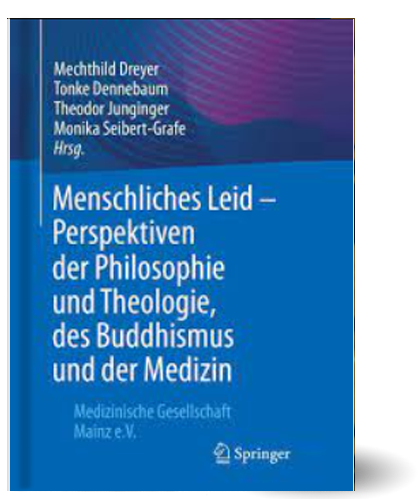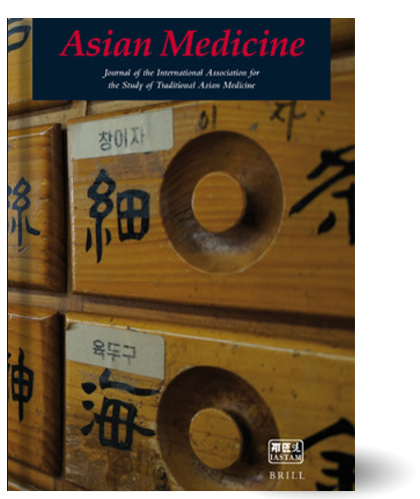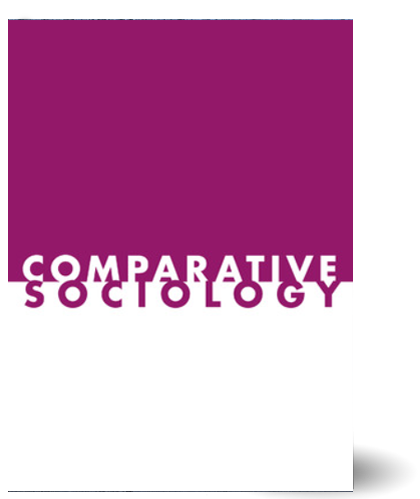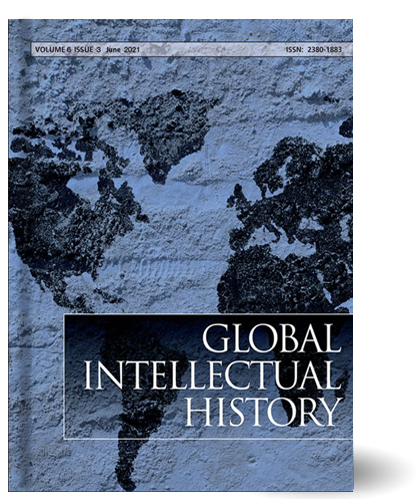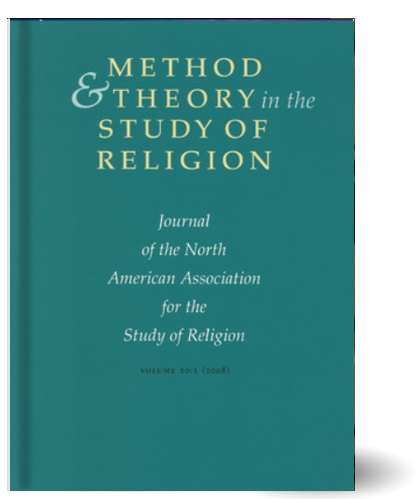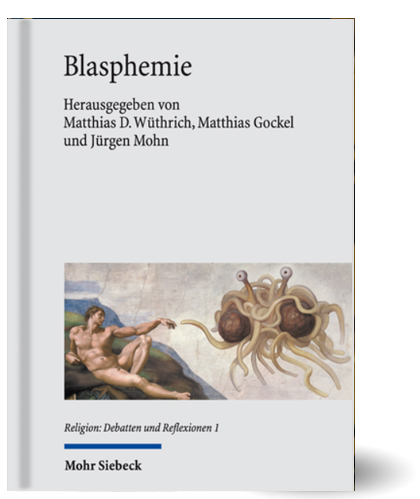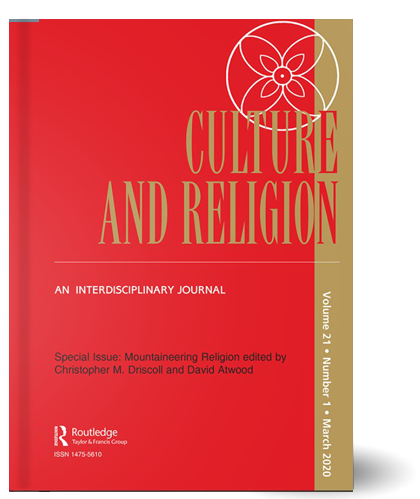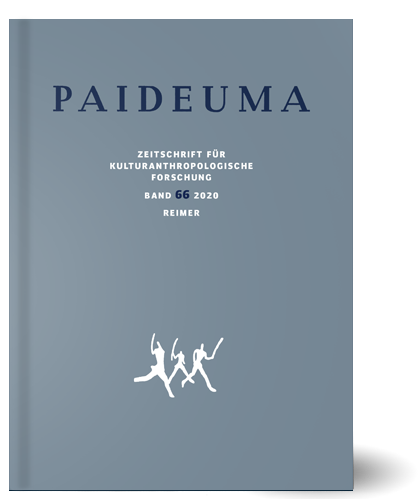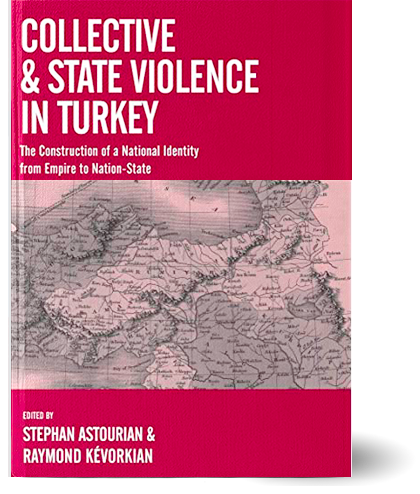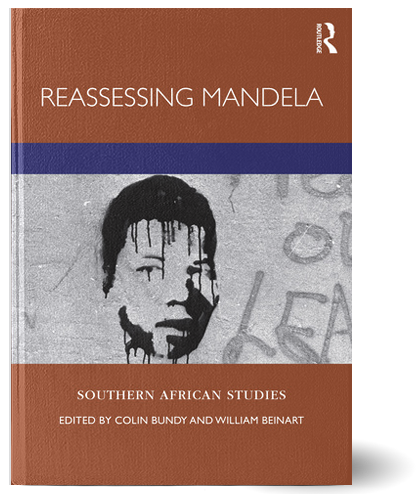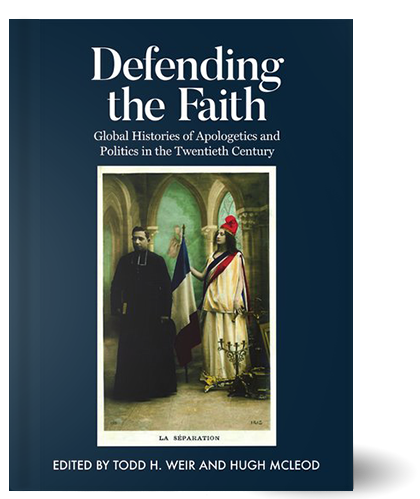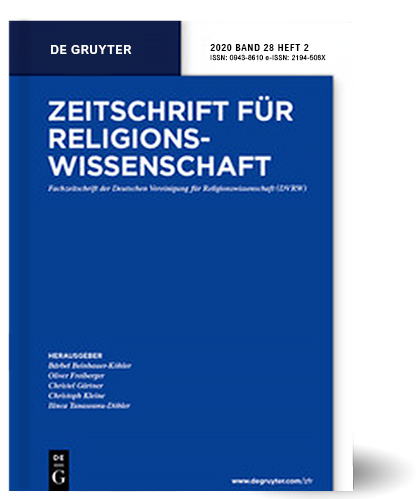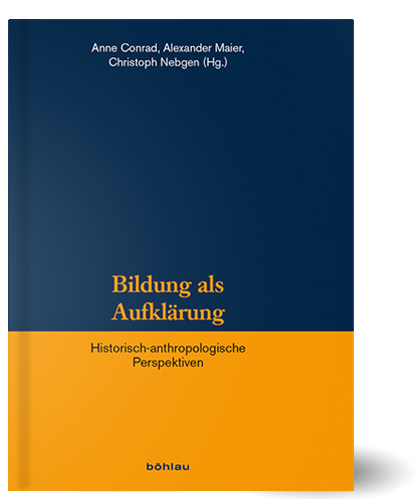
"Die ,Knochenzähler'-Episode belegt, dass in Tibet im 17. Jahrhunderr aus empirischer Beobachtung gewonnenes Wissen zunehmend in Widerspruch zu religiös fundiertem Wissen geriet. Die Hinwendung zu Methoden empirischer Überprüfbarkeit von Wissen und die Infragescellung religiöser Autoritäten sind Merkmale, die für Europa gemeinhin mit der Aufklärung in Verbindung gebracht werden. Heute ist wohl unbestritten, dass die Aufklärung eine in sich heterogene, von Ambivalenzen und oft widersprüchlichen Konzepten und Ansichten geprägte Bewegung war, und auch die Annahme, dass sie ein singulars und autonomes Produkt Europas und nirgendwo anders als in Europa zu finden ist, wird zunehmend in Frage gestellt. Historikerinnen und Historiker haben begonnen, zum einen die Formierung der europäischen Aufklärung in der Interaktion mit außereuropäischen Wissenskulturen zu untersuchen, zum anderen nach parallelen und analogen Entwicklungen außerhalb Europas zu suchen. Von Interesse sind hier autochthone Prozesse der Rationalisierung, die nicht von europäischen Entwicklungen abhängig waren, aber zu ähnlichen Resultaten geführt haben. An dieser Stelle möchte ich ansetzen und untersuchen, ob in den tibetischen und mongolischen Gesellschaften des 18. bis frühen 20. Jahrhunderts Ansprüche entstanden, tradiertes Wissen durch direkte Beobachtung oder rationale Überlegungen zu überprüfen und gegebenenfalls zu korrigieren, und ob solche neuen Erkenntnisse Konsequenzen für den traditionellen Wissenskanon in den tibetischen und mongolischen Ausbildungssystemen nach sich zogen. Diesen Fragen werde ich anhand von zwei Fallbeispielen nachgehen. Ich verstehe das Säkulare hier als historisch und kulturell kontingente Kategorie. Darüber hinaus gehe ich davon aus, dass sich das Säkulare als taxonomische Ordnung relational zu Religion beziehungsweise dem Religiösen verhält, beide Termini also keine stabilen Bedeutungen unabhängig voneinander besitzen."
Kollmar-Paulenz, Karénina. “Religion - Aufklärung - Säkularisierung: Tibet und die Mongolischen Religionen im 18. und 19. Jahrhundert.” In Bildung als Aufklärung: Historisch-Anthropologische Perspektiven. Edited by Anne Conrad, Alexander Maier and Christoph Nebgen, 577–89. Wien: Böhlau, 2020.


